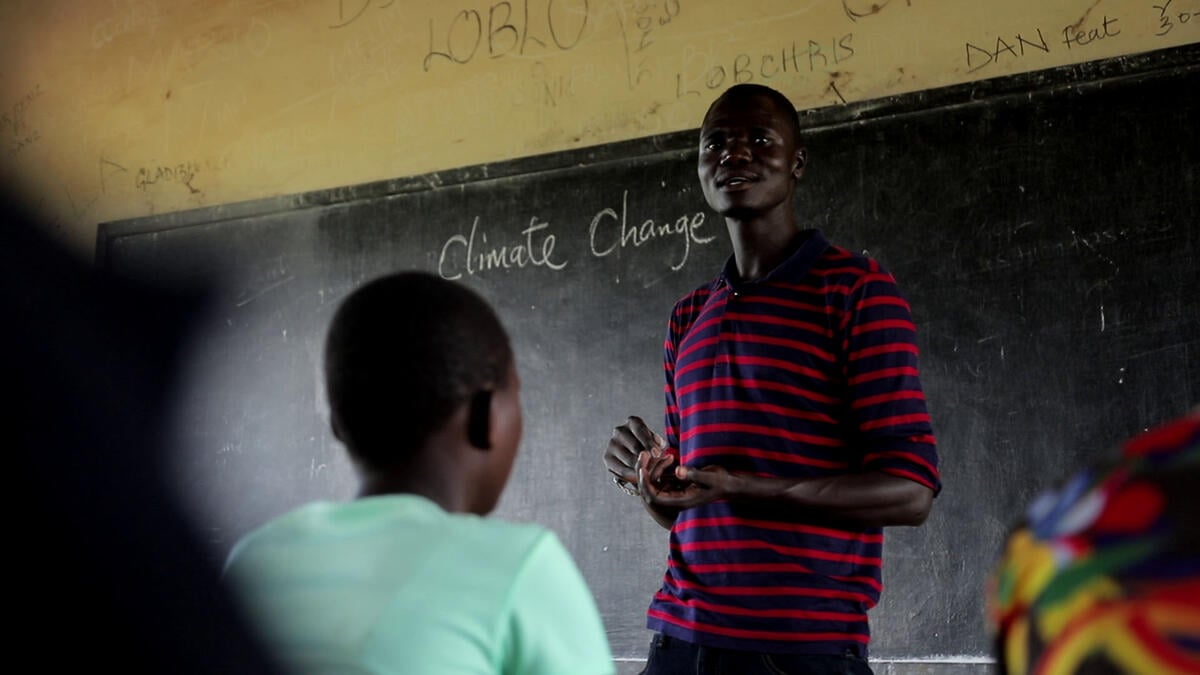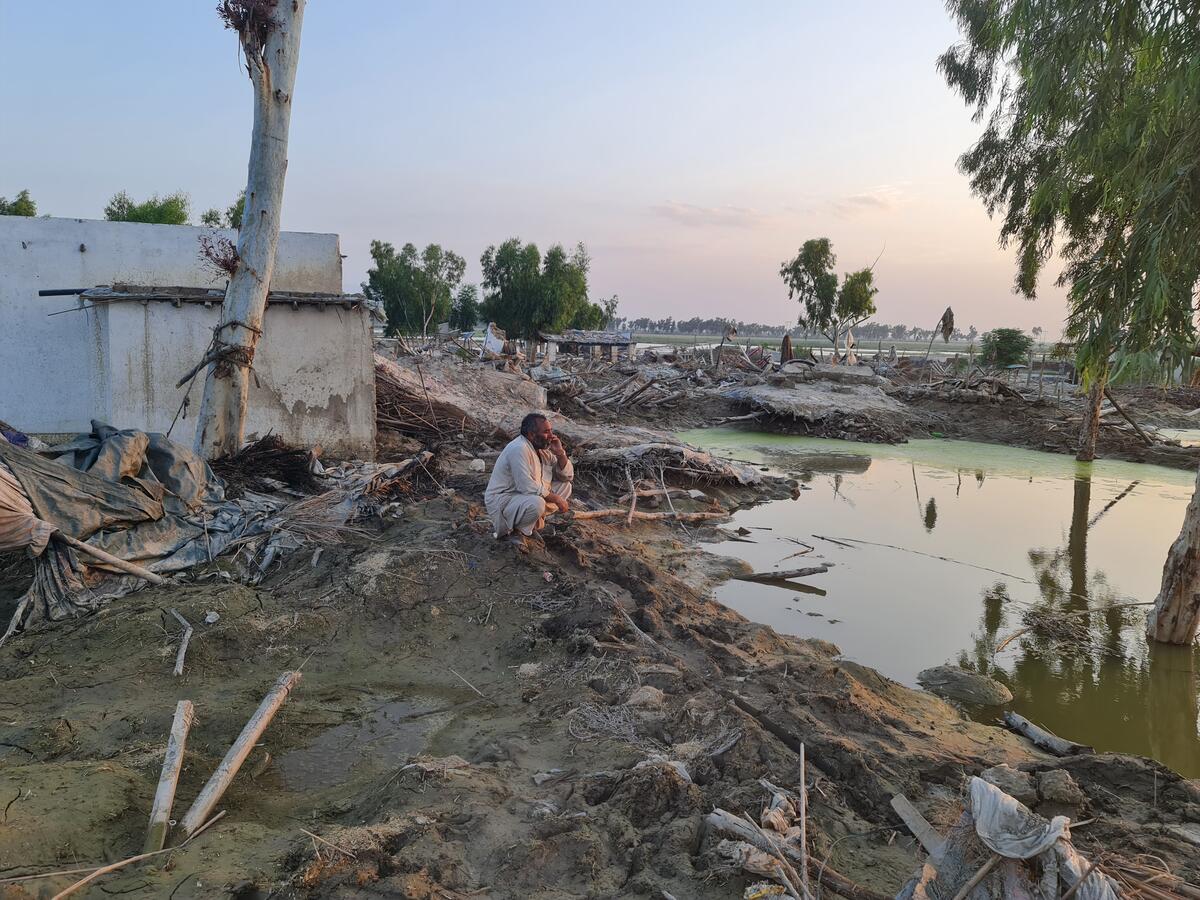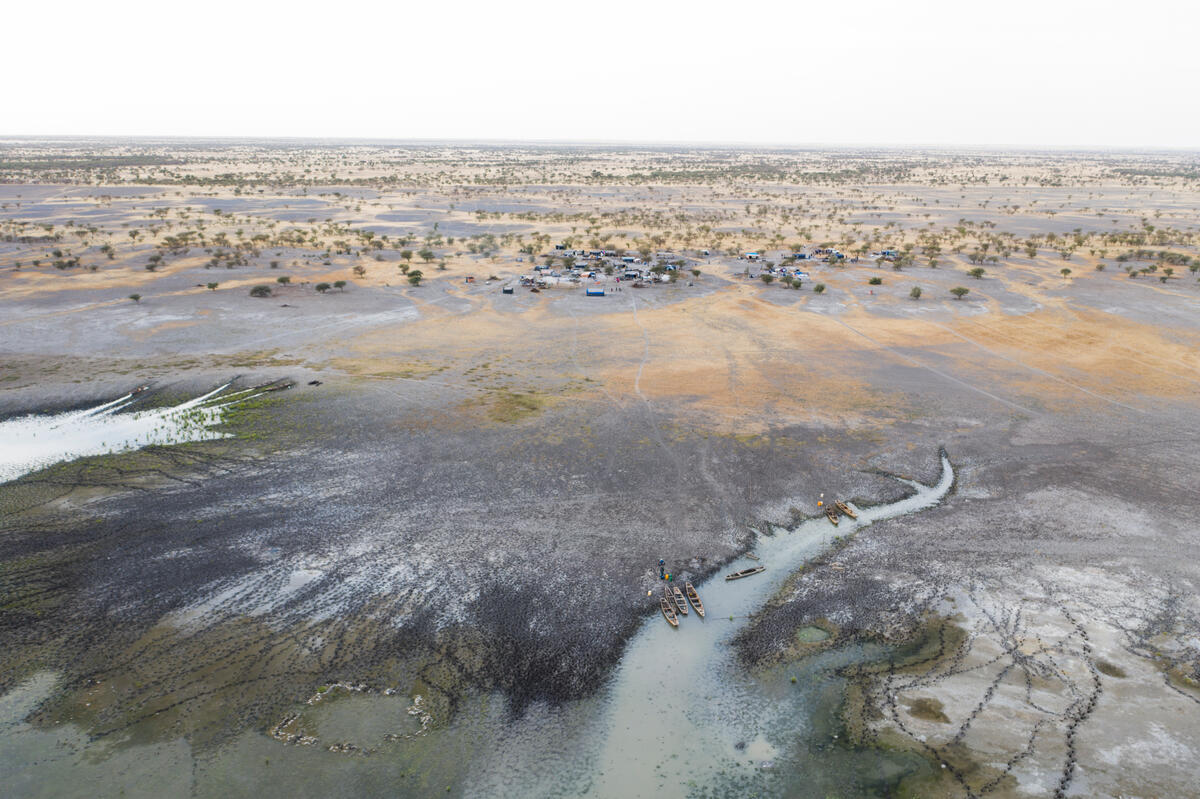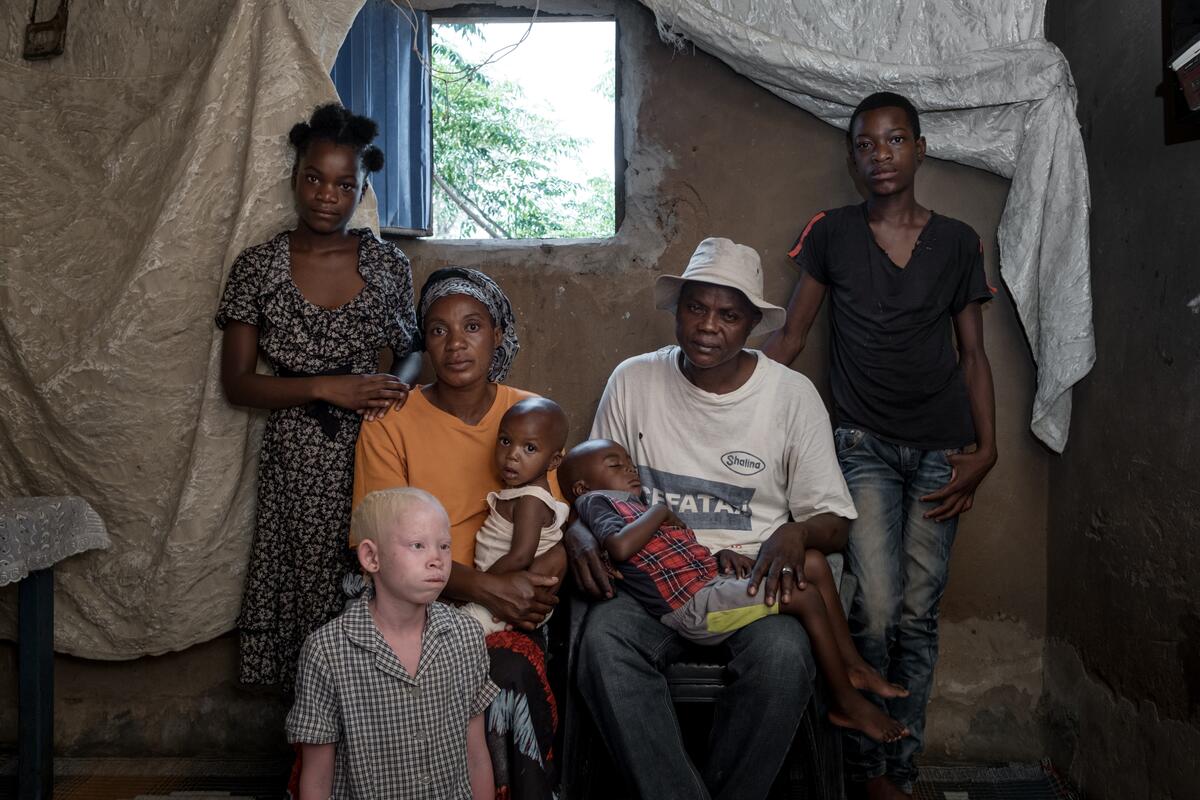UN Refugee Agency warns of extreme hardship for forcibly displaced families this winter
UN Refugee Agency warns of extreme hardship for forcibly displaced families this winter

Millions of people from Ukraine, Afghanistan and across the Middle East displaced by conflict or persecution could face a perilous winter as freezing temperatures add to the misery already induced by spiralling prices, the lingering impact of the COVID-19 pandemic and extreme weather linked to the climate crisis.
UNHCR, the UN Refugee Agency, warns that for many of the world’s forcibly displaced, this coming winter will be far more challenging than in recent years. Many displaced families will have no option but to choose between food and warmth as they struggle to heat their shelters, source warm clothing, and cook hot meals.
Across the Middle East, many displaced Syrians and Iraqis will have to contend with extreme cold and snowstorms once again. This will be the 12th consecutive winter in displacement for many. UNHCR estimates that 3.4 million Syrian and Iraqi refugees and internally displaced people in Syria, Lebanon, Jordan, Iraq and Egypt will need critical assistance to prepare for and cope with winter.
In Lebanon, where the severe economic crisis is pushing everyone to the brink, nine out of 10 Syrian refugees are already living in extreme poverty, forcing them to reduce food consumption and suspend seeking medical care. Many are falling further into debt as they try to cover their basic needs.
Millions of Ukrainians uprooted from their homes by the current war are facing winter in displacement or are living in damaged homes or in buildings ill-suited to protect them from the biting cold, with disrupted energy, heating and water supplies and lost livelihoods.
In Afghanistan, where winter temperatures can easily plunge to -25 degrees Celsius across parts of the country, many displaced and conflict-affected families will be left exposed to the elements. Winter arrives amid a steep economic decline, and only months after June’s earthquake in south-eastern Paktika and Khost provinces, in which thousands of people experienced devastating loss and damage to their homes.
Amid an ongoing effort to contain a humanitarian catastrophe, flash flooding and drought also continue to wreak havoc on lives, property and livelihoods, while some regions of Afghanistan continue to report new displacement.
Despite worsening humanitarian needs, the funding outlook for life-saving aid programmes and assistance remains bleak. Owing to funding shortfalls, UNHCR has recently been forced to scale back essential programmes in several countries.
UNHCR has launched a global winter fundraising campaign to help forcibly displaced families in the above-mentioned operations meet their most urgent needs during the coldest months of the year.
Funding will help provide those uprooted with warm winter clothing, thermal blankets, home repairs, solar panels and lamps, gas cylinders and cash assistance to cover other essential winter needs, including heating.
More information about the campaign is available here: https://donate.unhcr.org/winter
ENDS
For broadcasters, news organizations and other media professionals, b-roll is available here.
For more information on this topic, please contact:
- In Amman, Rula Amin, aminr@unhcr.org, +962 (0)790 04 58 49
- In Ukraine, Saorlaith Ni Bhroin, nibhroin@unhcr.org, +380 50 489 4485
- For the Ukraine situation, Louise Donovan, donovan@unhcr.org, +41792173058
- In Kabul, Peter Kessler, kessler@unhcr.org, +93 70 2465 614
- In Bangkok, Babar Baloch, baloch@unhcr.org, +66 80 086 5611
- In Geneva, Olga Sarrado, sarrado@unhcr.org, +41 79 740 23 07
- In New York, Kathryn Mahoney, mahoney@unhcr.org, +1 347 574 6552









